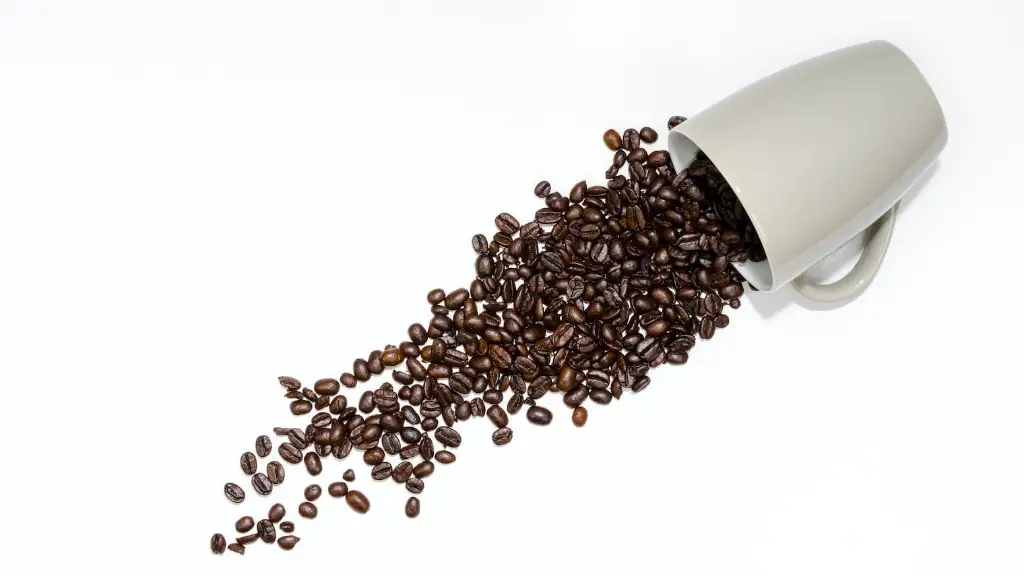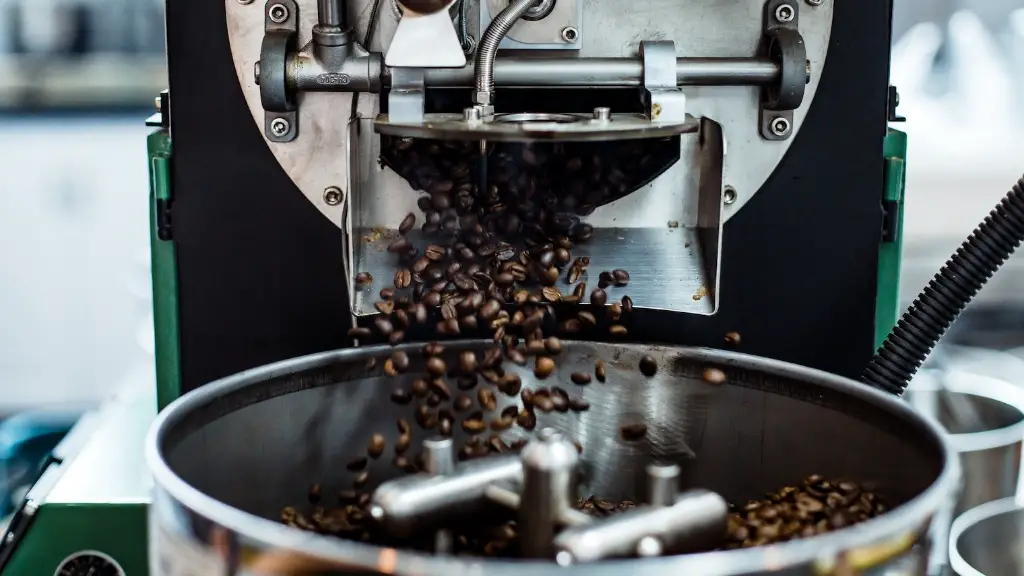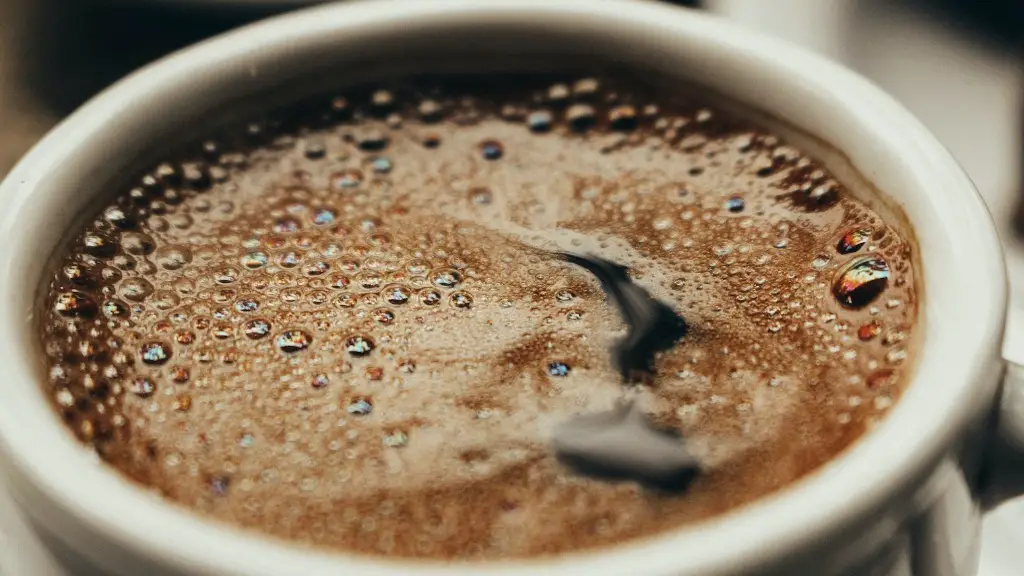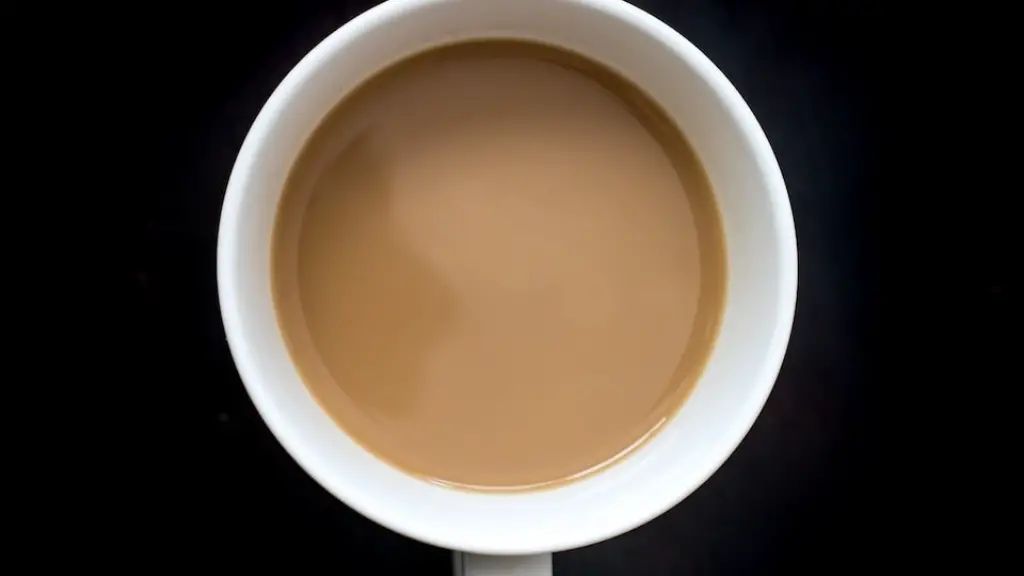The majority of gallbladder removal surgeries are done laparoscopically, where a surgeon passes four thin instruments and a lighted camera through a small incision in the abdomen. The surgery is generally safe and carries a low risk of problems. After surgery, the patient’s diet must be carefully monitored to avoid pain and digestive problems. In regards to coffee consumption, there are some considerations a patient should be aware of before drinking coffee after gallbladder removal surgery.
A primary concern to consider when drinking coffee after gallbladder removal surgery is the risk of bile reflux disease. People without a gallbladder cannot store bile produced in the liver, and the bile flows freely into their small intestines. Bile reflux occurs when certain foods and liquids, such as coffee, loosen the lower esophageal sphincter in the stomach, causing a backward flow and possible irritation of the esophagus. If a person experiences symptoms such as heartburn and stomach pain, they should speak to their doctor.
In addition to bile reflux, post-surgery patients should be particularly aware of consuming caffeine in any form, and preferably either limit the amounts or choose decaffeinated options for at least three months after the surgery. Coffee, tea, energy drinks, and even chocolate all contain caffeine, and consuming too much can influence the way the digestive system absorbs and processes other drinks, such as water.
The digestion of fats is another consequence of consuming coffee post-surgery. In many people, a damaged gallbladder can lead to slower fat digestion, making it difficult for the small intestine to process fat properly. Consuming caffeinated beverages, especially coffee, can make it even more difficult to digest fats, leading to abdominal bloating, pain, and gassiness. Additionally, drinking coffee in the morning can increase gastrointestinal motility, which can cause abdominal cramping.
To avoid potential discomfort, people should consult with their doctor to determine if buying decaffeinated coffee is an option, or abstaining from coffee altogether. People without gallbladders should also keep in mind that high-fat foods and alcoholic beverages can play a role in gallbladder surgery recovery as well, and avoiding them as much as possible can help ensure a successful post-surgery recovery.
Coffee after Gallbladder Surgery – Risks
The risks associated with the consumption of coffee after gallbladder removal surgery depend on the individual’s health history and the surgery itself. Some people experience no problems when they have coffee after a gallbladder removal surgery, while others may be affected adversely. It is important for a patient to consult with their doctor about drinking coffee prior to indulging in it.
Among the risks associated with drinking coffee after gallbladder removal surgery are gallstone attacks, a buildup of cholesterol in the gallbladder, indigestion, gas, abdominal pain and nausea. Patients who experience these issues should cut down on their coffee intake and contact their doctor.
Gallstone attacks are the most serious potential complication of drinking coffee after gallbladder removal surgery. It is important to note that gallstone attacks can occur without caffeine use, but the effects of caffeine make it easier to trigger gallstones, resulting in a gallbladder attack. Therefore, caffeine intake should be minimized or eliminated as these attacks can be extremely painful and require medical attention.
Coffee After Gallbladder Surgery – Benefits
It is important to note that there are numerous potential benefits of drinking coffee after gallbladder removal surgery. It is important to keep in mind that moderate amounts of coffee can actually be beneficial for individuals who have gone through the surgery. Coffee, for instance, can help to relax the system and reduce symptoms associated with acid reflux or bile reflux.
In addition, coffee can have a positive emotional effect on patients who have gone through this type of surgery, helping to reduce stress and anxiety. Studies have shown that people who drink coffee in moderate amounts (6-7 cups a day) are less likely to experience symptoms of depression, which is important to consider if you have recently undergone gallbladder surgery.
On top of that, coffee has also been found to be beneficial for individuals who have fatty livers and gallbladder issues. Coffee has proven to reduce the amount of fat accumulation that occurs in the liver, and it can also help to reduce inflammation and other related issues. In fact, one study found that individuals who drank 4-6 cups of coffee a day were less likely to develop liver disease orgallbladder-related issues.
Conclusion
Although there are both risks associated with drinking coffee after gallbladder removal surgery, there are also many potential benefits to consider. When it comes to caffeine intake, it is best to speak to a doctor before making any decisions. That said, it is important to keep in mind that moderate amounts of coffee can be beneficial to patients who have undergone the surgery.
The Connection between Gallbladder Removal Surgery and Caffeine Sensitivity
Caffeine sensitivity is one of the primary side effects of gallbladder removal surgery. Patients who have gone through this type of procedure may experience increased sensitivity to caffeine, which can cause a range of issues. Caffeine sensitivity can lead to an increase in heart rate, an increase in blood pressure and even an increase in stress levels.
Another issue that can arise from caffeine sensitivity after gallbladder surgery is digestive upset. Caffeine has been found to increase the amount of gastric acid that is produced, which can lead to an increase in symptoms such as heartburn, acid reflux and nausea. It is important to speak to a doctor if you are experiencing any of these symptoms after drinking coffee.
Studies have also showed that caffeine can negatively impact the absorption of fat-soluble vitamins and minerals. For example, patients may not absorb vitamin A, which can lead to vision problems. They may also not be able to absorb essential fatty acids, which can lead to hair loss, dry skin and impaired brain function. It is important to monitor any signs of these issues and to speak to a doctor if they occur.
Managing Caffeine Intake After Gallbladder Surgery
When it comes to managing coffee intake after gallbladder surgery, it is important to speak to a doctor first. Patients should ask their doctor about any tips or guidelines for drinking coffee post-surgery. They should also ask about any potential risks of consuming caffeine and if decaffeinated options are available.
In addition, patients should monitor their caffeine intake and make sure it is not too high. Too much caffeine can worsen symptoms and increase the risk of adverse effects. Some general tips for managing caffeine intake include avoiding energy drinks and alcoholic beverages, as these can be high in caffeine and may worsen symptoms.
People who experienced issues with coffee after gallbladder surgery can also experiment with different types of coffee and other caffeinated beverages. For example, they may want to try espresso, which is lower in caffeine than regular coffee, or decaffeinated coffee, if it is available. Additionally, they may want to drink smaller amounts of coffee at a time, to help their body adjust to the caffeine.
Treating Symptoms of Caffeine Sensitivity After Gallbladder Surgery
If a person experiences any symptoms related to caffeine sensitivity after gallbladder surgery, they should speak to a doctor as soon as possible. Treatments will vary depending on the individual and the specific symptom being addressed. In some cases, medications such as antacids may be prescribed to help manage symptoms such as heartburn. Additionally, lifestyle changes such as avoiding caffeine consumption may be recommended.
In addition, individuals can consider natural supplements and herbs to help reduce symptoms of caffeine sensitivity. Peppermint, chamomile, meadowsweet and licorice root have all been found to be beneficial. Additionally, probiotics can reduce inflammation, which can help to reduce symptoms of caffeine sensitivity.
Finally, individuals may want to consider making dietary changes in order to manage their symptoms. Eating smaller meals throughout the day to reduce pressure on the stomach and avoiding high-fat foods are both recommended. Additionally, drinking plenty of water can help to flush out toxins and reduce the risk of dehydration.





